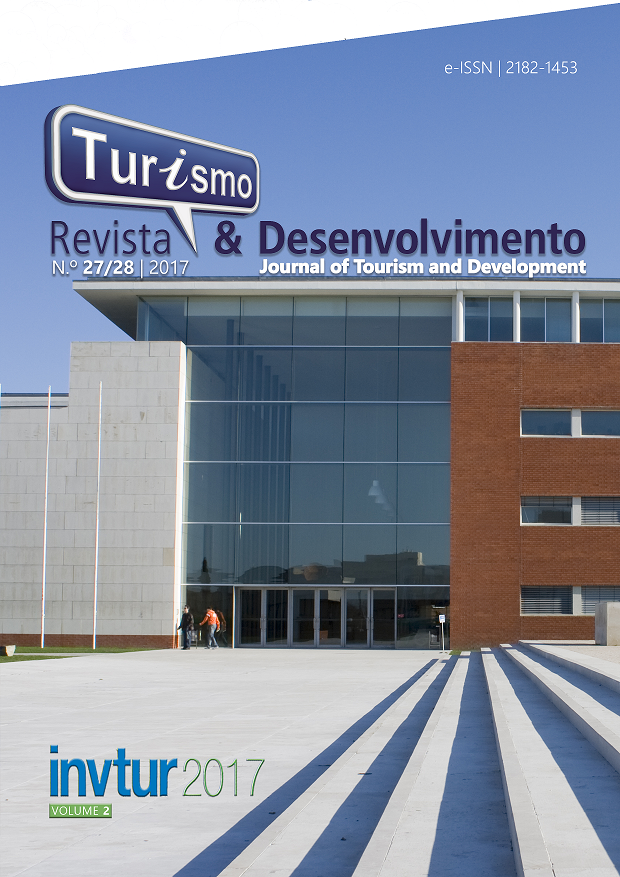A essência da gastronomia na valorização cultural: a aplicação do conceito Slow Food nos Açores
Resumo
O Slow Food é um movimento internacional que valoriza os produtos alimentares tradicionais, artesanais e locais. Privilegia a culinária na sua origem, relacionando-a com os hábitos e cultura de um povo. Preserva a biodiversidade e a sustentabilidade do mundo rural defendendo o prazer de uma experiência gastronómica. É um movimento que surge como expressão alternativa do fast food, mas ainda sem registo nos Açores. Este projeto promove a sua implementação nesta Região, com o aproveitamento dos recursos naturais, culturais, gastronómicos e tradicionais que tanto a valorizam. Tem por base a incrementação do valor da identidade gastronómica e cultural do arquipélago, potenciando o seu setor turístico. Foram efetuados inquéritos a Chefs, empresários, outros agentes e pessoas singulares ligadas à restauração e à gastronomia local, para complementar o estudo de implementação deste conceito nos Açores. Os resultados demonstram que a maioria dos inquiridos já tem algum conhecimento da filosofia Slow Food, abordam o tema com entusiasmo e reconhecem ser uma experiência diferenciadora que valorizará a oferta turística. O Slow Food visa atingir um nicho de mercado sensibilizado pela procura de produtos turísticos naturais, representando simultaneamente uma fuga aos destinos massificados, na procura do sossego e tranquilidade que a natureza pode oferecer.





